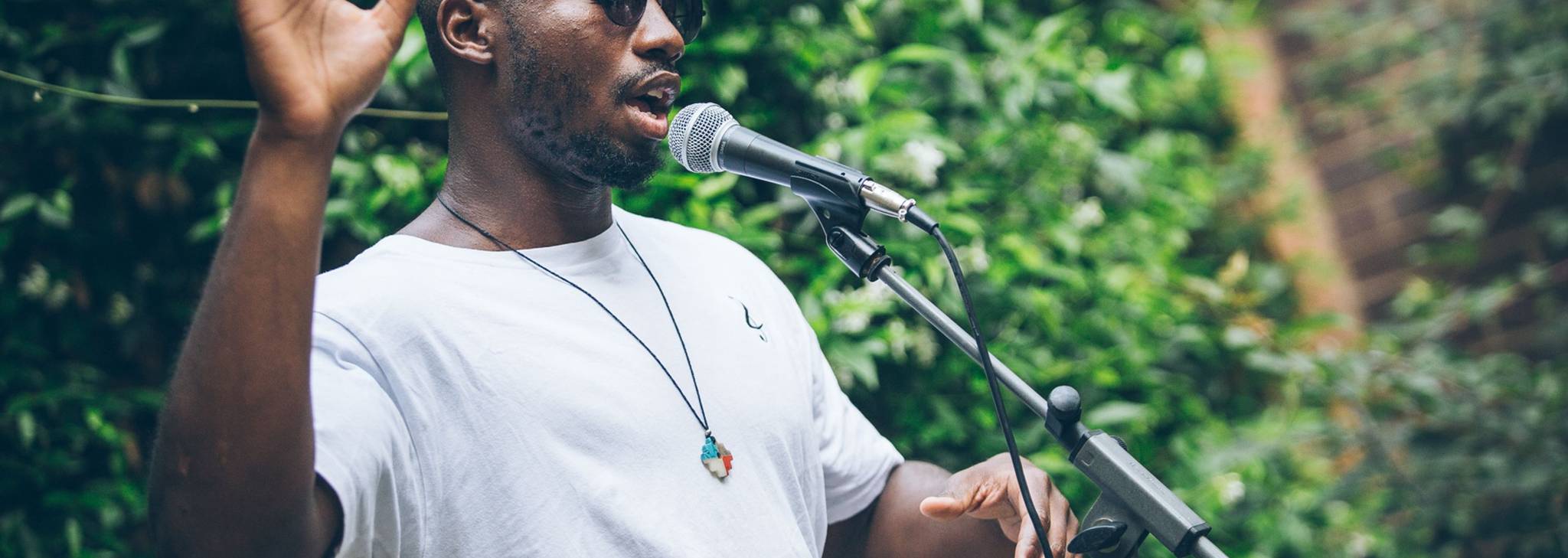
A study has revealed that the loneliest demographic in Australia is middle-aged men, who often deprioritise friendships for familial and financial reasons. As men’s mental health issues are given increasing exposure, overlooked demographics are looking for real-world action and support.
Loneliness is an emotional state that can affect everyone at some point in their lives. While it's a common experience, certain demographics are often overlooked when discussing feelings of loneliness and social isolation. Recent research has shown the rising rates of loneliness among Australian men, with a survey conducted by Healthy Male, an Australian men's health organisation, finding that 43% of Australian men feel lonely with 16% experiencing high levels of loneliness. Men aged 35-49 were found to be three times more likely to suffer from severe loneliness than their older counterparts aged 65 and above, challenging the belief that loneliness mainly affects older individuals.
Loneliness is a hidden epidemic and these numbers can serve as a wake-up call considering how society often perceives men as stoic and emotionally resilient. As we collectively navigate the aftermath of a global pandemic, feelings of isolation have intensified, affecting even more men’s mental and physical wellbeing. But even with this heightened visibility, the stigma that still surrounds men's mental health persists. Another survey found that only a quarter of Australian men would consider seeking professional help during a mental health crisis, suggesting that many lack the necessary resources, either personal or professional, to cope with their emotional struggles effectively.
Society is beginning to recognize the seriousness of this issue and is actively seeking solutions to combat loneliness. One promising avenue for combating loneliness among men is the emergence of men-oriented groups that foster camaraderie and support. Initiatives like the Tough Guy Book Club in Australia and fitness groups like F3 in the United States are gaining popularity. These spaces allow men to connect with like-minded individuals, sharing interests and values while building meaningful friendships. Such spaces provide a safe environment for men to express themselves openly, breaking free from the traditional misconceptions surrounding loneliness and men's mental health.



